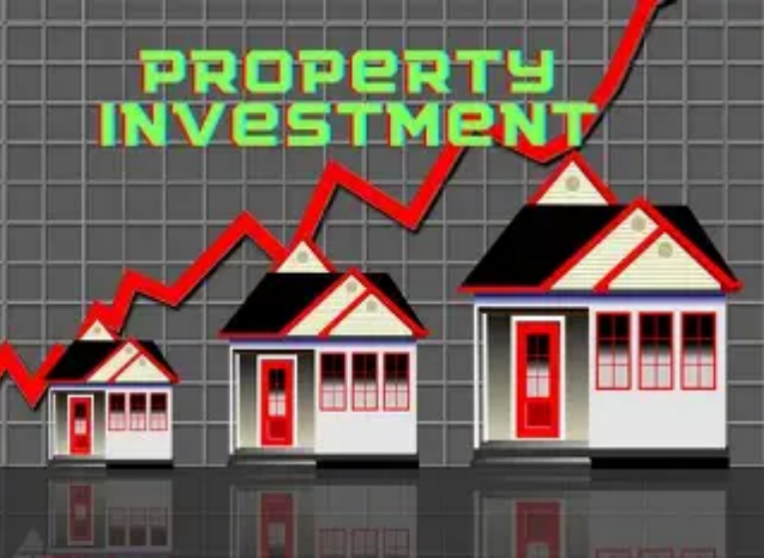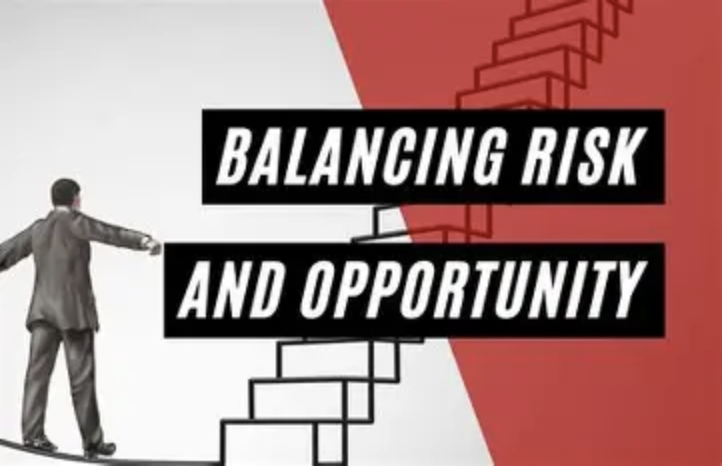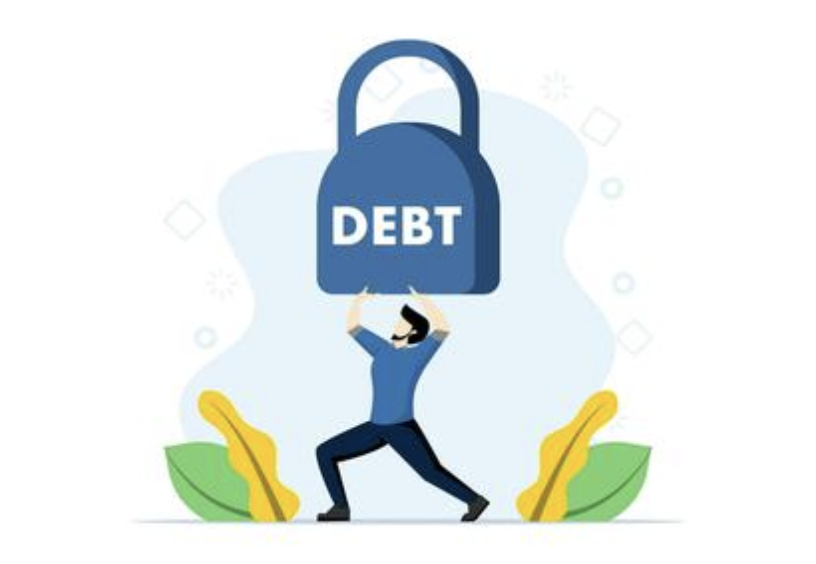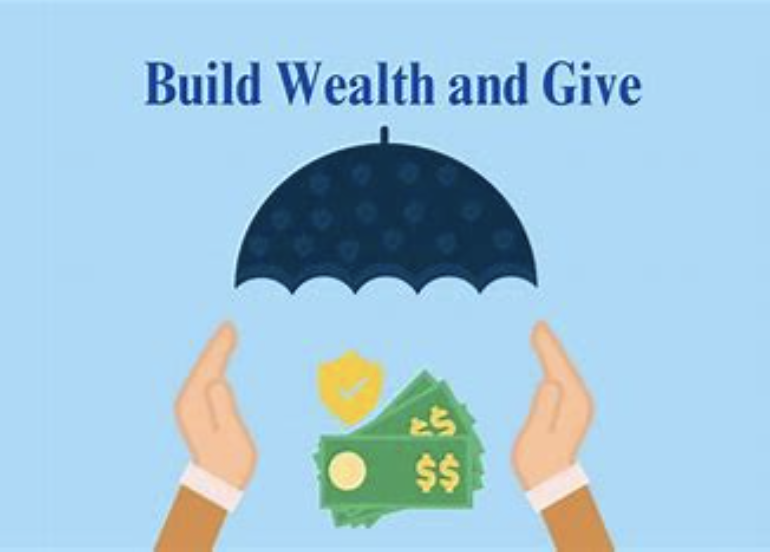Turning 30 often brings thoughts of "settling down," presenting high-income individuals with a significant decision: whether to invest in real estate or focus on other financial opportunities. This choice extends beyond mere "stability versus risk"—it involves finding long-term value that fits with a lively and evolving lifestyle.

The Untold Expense of Buying Property Young
For those with robust financial resources, acquiring a home in their 30s might appear to be a "secure choice," yet it frequently locks away funds that could enhance growth potential. Purchasing high-priced properties comes with persistent expenses like maintenance, property taxes, and insurance that can diminish profits. Furthermore, it restricts personal flexibility. Many professionals at this age are still climbing the career ladder—considering relocation for better jobs, starting their own ventures, or pursuing international roles. Owning a home can serve as an obstacle, leading to challenging decisions between career advancement and selling under less than ideal circumstances.

Why High-Earners Favor Investing
Choosing to invest rather than buy property at 30 isn't about seeking quick profits; it's a strategy for creating a varied investment portfolio that complements a high-income life. In contrast to real estate, which demands a hefty upfront investment, tactical investments in areas like private equity or alternative assets such as art and venture capital provide scalability. They allow individuals to spread their funds across different markets, managing risk and reward while maintaining ease of access to cash. For high-income earners, this liquidity is crucial: it provides the ability to take advantage of unforeseen opportunities, be it funding a startup, supporting a friend's business idea, or shifting careers.

In addition to being flexible and liquid, investing supports the long-term goals of preserving wealth for high-income individuals, who often contend with specific financial challenges like higher taxes or changing lifestyle demands. Unlike real estate, which is fixed in one location and can suffer from local economic downturns or changes in real estate tax laws, diversified investments are capable of responding to global market shifts. For instance, a technology executive might decide to invest part of their earnings in funds focused on emerging markets to mitigate risks associated with their sector, while a lawyer may channel funds into renewable energy initiatives to reflect their personal beliefs and tap into a growing industry. This level of adaptability not only protects wealth from market fluctuations but also transforms income into assets that yield passive returns—allowing individuals to concentrate on advancing their careers, spending time with family, or pursuing hobbies instead of managing tangible property.
Merging Aspirations with Realities
This decision doesn't imply a total rejection of buying a home—it's more about timing. Delaying homeownership for a few years while focusing on investments can bolster one's financial situation. A well-established investment portfolio not only enhances buying capacity but also allows for the purchase of a home later on, aligning with broader life aspirations rather than simply achieving a "30s milestone."
Ultimately, for high-income individuals, the best approach at age 30 isn't just choosing one path over another—it's about selecting the option that keeps various opportunities available. Investing now supports both financial development and personal adaptability, transforming a milestone into a launch point rather than an end.





